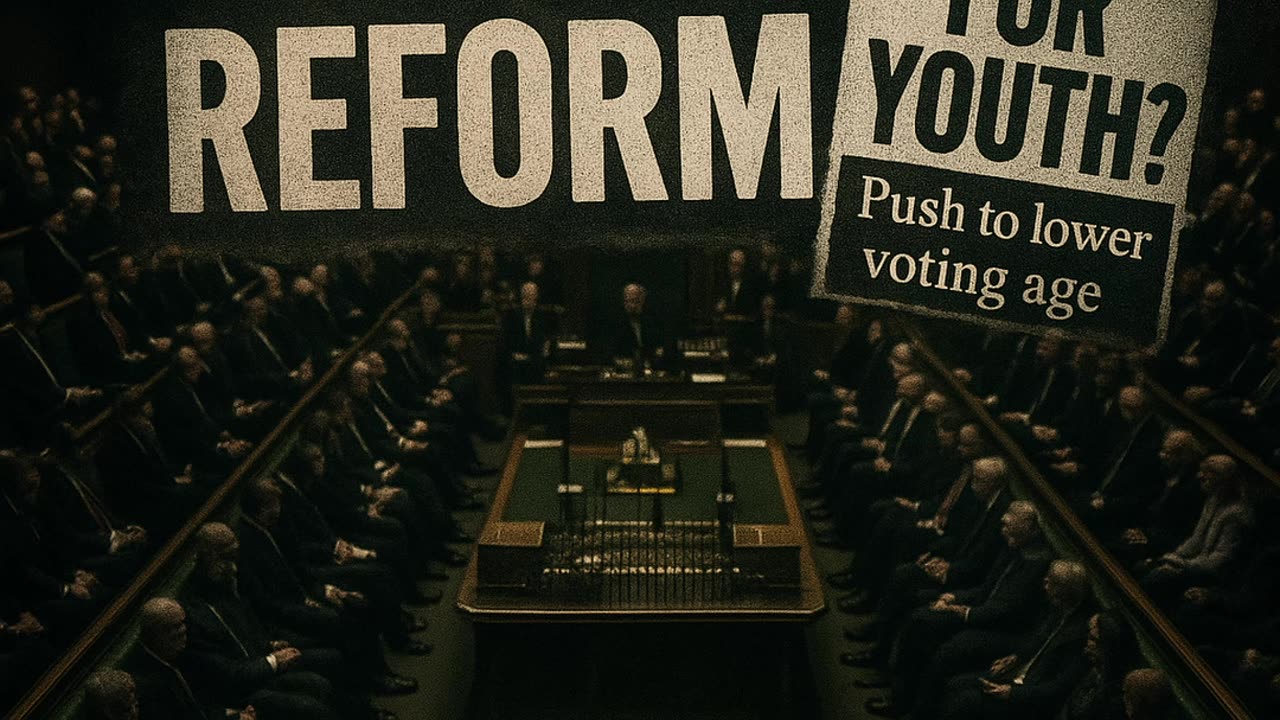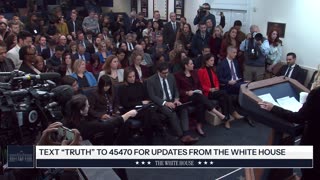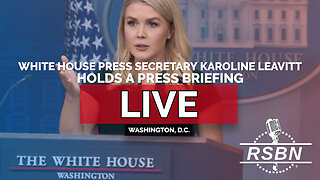Premium Only Content

Voting Age 16: Canada's Youth Enfranchisement Debate
📝 DESCRIPTION
Voting Age 16: The UK's recent decision to lower its voting age to 16 has ignited a fervent debate in Canada, with Senator Marilou McPhedran leading the charge for a similar change. This discussion goes beyond mere policy; it delves into fundamental questions about youth responsibility, civic participation, and the very definition of who shapes our collective future in a free society. Senator McPhedran argues that denying 16-year-olds the right to vote is based on "stereotypes," ignoring the reality that many in this age group are already working, paying taxes, and deeply invested in the issues that will profoundly affect their lives for decades to come.
The push to empower younger Canadians with the vote is framed as an issue of fairness and democratic engagement. Proponents highlight that if a 16-year-old can hold a job, pay taxes, and face legal responsibilities, they should logically have a say in the governance that dictates these aspects of their lives. Critics often raise concerns about maturity levels and potential voter turnout. However, international examples from countries like Austria, Brazil, and Ecuador, which already permit 16-year-olds to vote, offer valuable insights, with some studies suggesting that starting civic participation earlier, especially while still in school, can foster a lifelong habit of voting.
This conversation compels us to reflect on the core tenets of Liberal Democracy-Conservatism: the balance between individual rights and societal responsibilities, the importance of a well-informed electorate, and the continuous evolution of democratic principles. Is our society truly fostering reasoned discourse if we dismiss the voices of those who will inherit the consequences of today's political decisions? Upholding truth requires us to examine whether our current frameworks genuinely empower all responsible citizens. The debate around lowering the voting age challenges us to confront our assumptions about youth capacity and consider how we can best cultivate an engaged, responsible citizenry for generations to come.
How can a democratic society best balance the perceived maturity of its youngest citizens with their undeniable stake in the future, particularly when they already contribute economically through taxes? And what is our collective responsibility to ensure that political education and civic engagement are robust enough to prepare young people for the franchise, regardless of the voting age?
🔍 KEYWORD
#votingage16 #canadapolitics #youthvote #democracynow #civicengagement
-
 2:38
2:38
Rightell
3 months agoTrump SNAP Ban: A Health Crisis or Overreach?
422 -
 LIVE
LIVE
The Bold Lib
59 minutes agoBOLDCHAT: Unemployment | AI | Birth Rates w/ANGELA BELCAMINO
52 watching -
 20:34
20:34
ArynneWexler
5 hours agoNew Poll: Women Are Done With America | NN8
3.75K10 -
 59:30
59:30
The White House
3 hours agoPress Secretary Karoline Leavitt Briefs Members of the Media, Nov. 20, 2025
38.2K21 -
 2:06:37
2:06:37
Steven Crowder
6 hours agoJasmine Crockett's Epstein Idiocy & the Absolute State of the Democrat Party
513K329 -
 33:37
33:37
The Boomer Effect
16 hours agoBeyond Convenience: The Tyranny Behind Digital IDs
8.22K1 -
 1:15:39
1:15:39
Sean Unpaved
3 hours agoAre Josh Allen & Bills On UPSET ALERT vs. Texans? | UNPAVED
30.3K -
 2:06:44
2:06:44
Side Scrollers Podcast
4 hours agoRoblox Kids TRANS Game + Pokimane ROASTED AGAIN + More | Side Scrollers
38.5K8 -
 2:05:47
2:05:47
The Charlie Kirk Show
3 hours agoTP Action Update + Mogadishu Minnesota + Replacing ObamaCare | Bowyer, Thorpe, Cremieux | 11.20.2025
67.5K18 -
 3:08:29
3:08:29
Right Side Broadcasting Network
6 hours agoLIVE REPLAY: White House Press Secretary Karoline Leavitt Holds a Press Briefing - 11/20/25
59K10